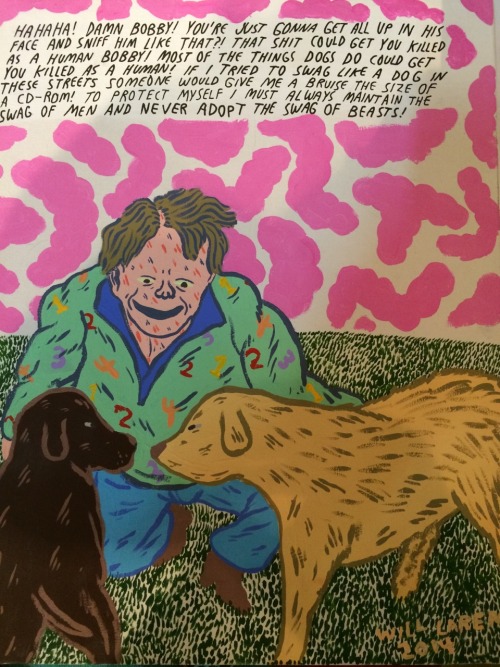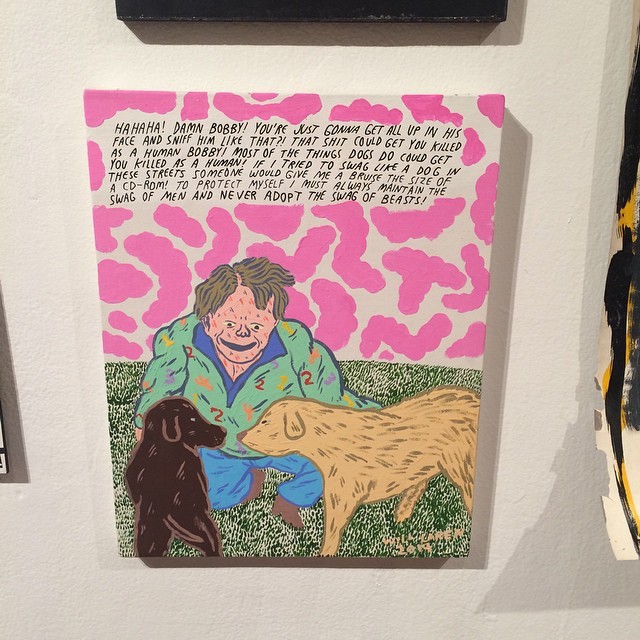To Boldly Go:
on Time, Space, and the Future-Oriented "To"
No 1 Smile
One summer afternoon, a couple of years ago, I found myself doing something uncharacteristic: drawing the shades and dimming the lights to watch a bootleg copy of Smile (2022).
Horror films aren't my wheelhouse, but something about it caught my interest. There's one scene in particular that I'd call a real standout - an unsettling encounter that the protagonist, Rose, has with a man named Carl:
You can also see an abbreviated version of this scene in the film's official trailer. What I find interesting is that the trailer loops that line of dialogue—"you're going to die"—playing it over and over across footage from other scenes. It's a deliberate echo of the way Carl repeats that line in the original scene, and it's the exact thing I would point to if I had to say why that scene was so impactful.
But what makes "you're going to die" so ominous?

Fong Qi Wei, Chinatown Sunset, 2013. From the Time is a Dimension series.
No 2 The many meanings of go
The scene works because, in context, "you're going to die" feels very much like a threat. But it doesn't have to be that way.
Does it? Sure, Smile is a horror film. That colors our interpretation. But it could be more like a warning: something along the lines of "you'll shoot your eye out," as Ralphie's mother keeps telling him throughout A Christmas Story (1983). And, as Carl points out in his earlier line of dialogue, "everybody dies." If everybody's going to die someday, why does the line read like a threat? Why not just a neutral statement of fact?
It all hinges on the middle of that line: going to. As it turns out, that little bit of grammar is doing some heavy lifting here. Be going to—or, if you're in a hurry, gonna—is a workhorse of the English language. We use it all the time. We can be going to the store, going to write a novel, or going to get cold if we don't wear a jacket. But that wasn't always the case. Believe it or not, there was a time when even an everyday sentence like "sorry, I'm going to be late" would have made your fellow English-speakers scrunch their eyebrows in confusion. This innocuous little phrase only has so many uses today because it spent centuries evolving to be that way, on a journey spanning centuries, with multiple twists and turns.
No 3 Connect
No 4 My Location


Will Laren, Untitled, 2014.
Far far away, behind the word mountains, far from the countries Vokalia and Consonantia, there live the blind texts.

Will Laren, Untitled, 2014.
Far far away, behind the word mountains, far from the countries Vokalia and Consonantia, there live the blind texts.

Text here.
Will Laren, Untitled, 2014.
Far far away, behind the word mountains, far from the countries Vokalia and Consonantia, there live the blind texts.